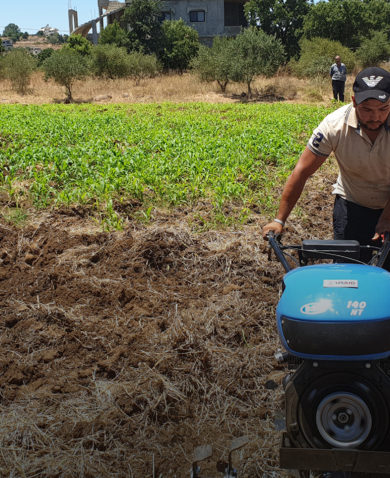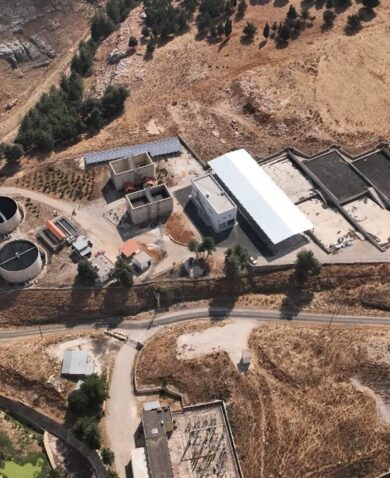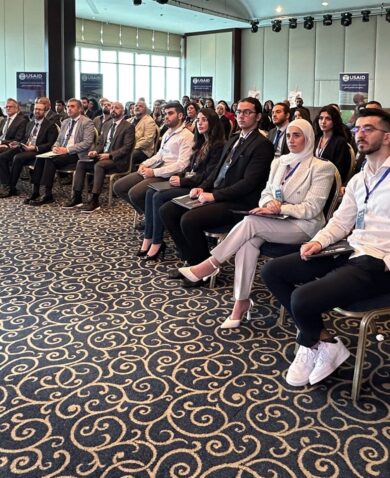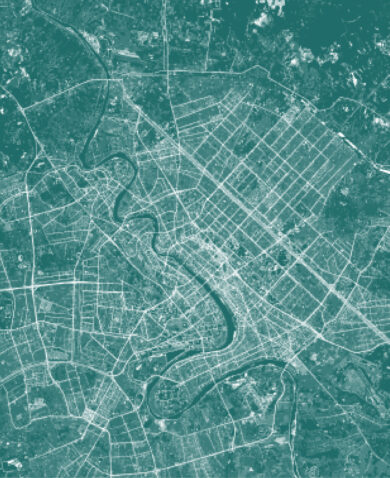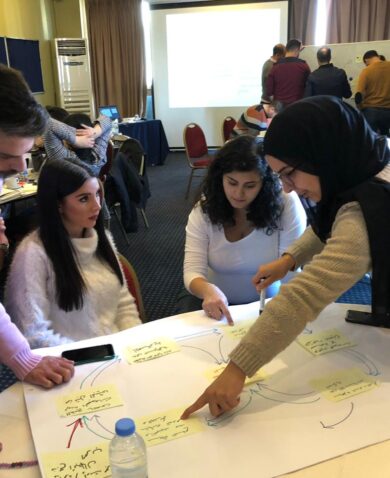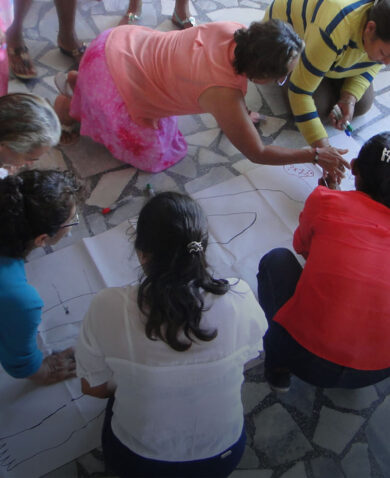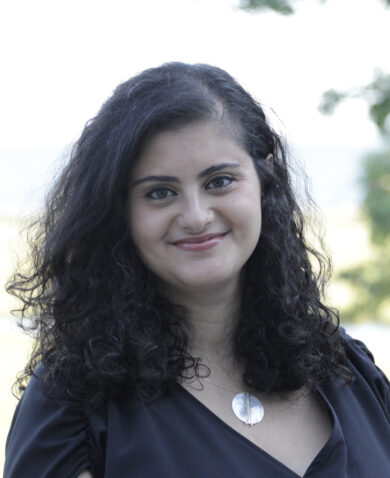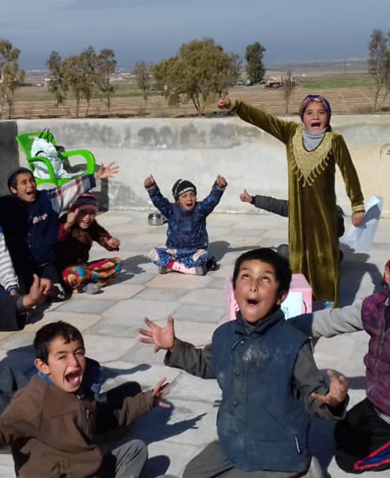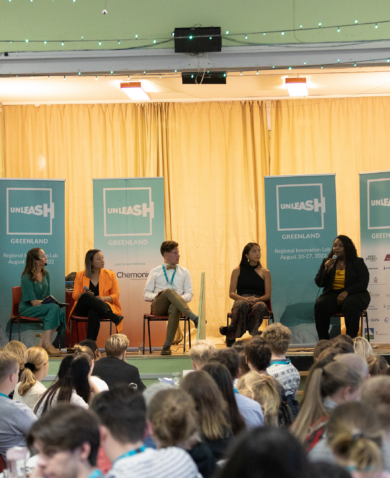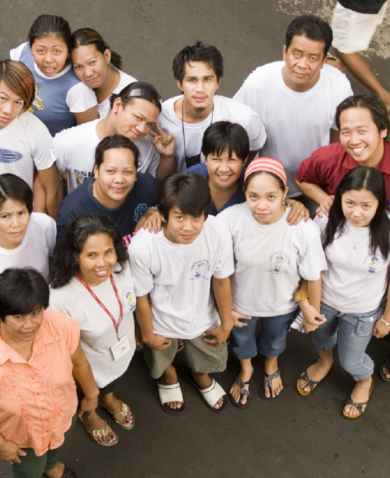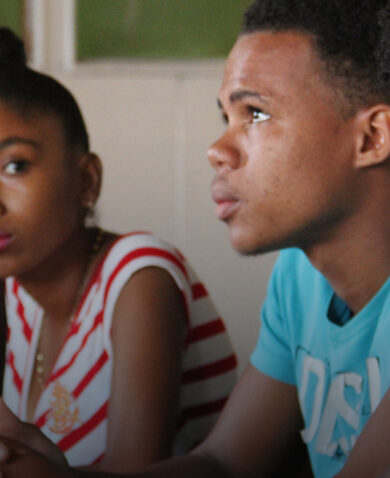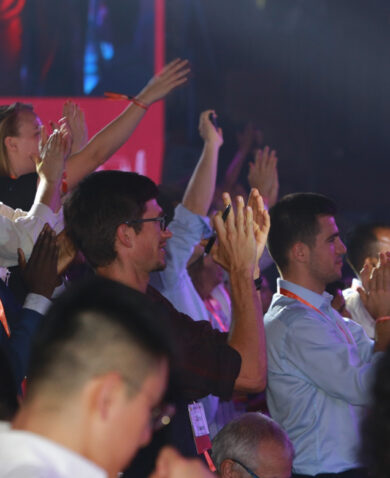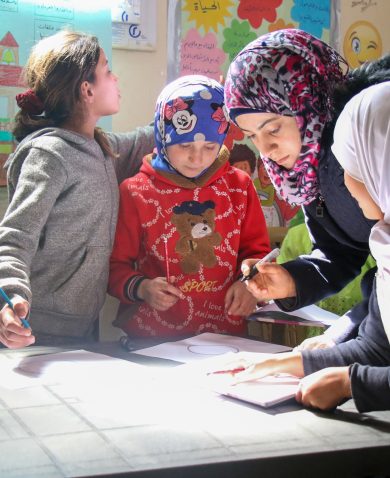
Through the Looking Glass: Harnessing Big Data to Respond to Violent Extremism
August 1, 2016 | < 1 Minute ReadMichele Piercey, Carolyn Forbes, and Hasan Davulcu discuss how the data revolution can inform Counter Violence Extremism programming, and how this innovation has the potential to change the trajectory of crises.
This post originally appeared on Devex
People think and say all sorts of things that they would never actually do. One of the biggest challenges in countering violent extremism is not only figuring out which people hold radical views, but who is most likely to join and act on behalf of violent extremist organizations. Determining who is likely to become violent is key to designing and evaluating more targeted interventions, but it has proven to be extremely difficult.
There are few recognized tools for assessing perceptions and beliefs, such as whether community sentiment about violent extremist organizations is more or less favorable, or which narratives and counternarratives resonate with vulnerable populations.
Program designers and monitoring and evaluation staff often rely on perception surveying to assess attitudinal changes that CVE programs try to achieve, but there are limitations to this method. Security and logistical challenges to collecting perception data in a conflict-affected community can make it difficult to get a representative sample, while ensuring the safety of enumerators and respondents. And given the sensitivity of the subject matter, respondents may be reluctant to express their actual beliefs to an outsider…Read the full post on Devex.
Posts on the blog represent the views of the authors and do not necessarily represent the views of Chemonics.














